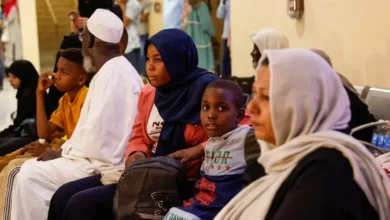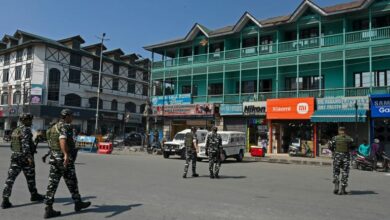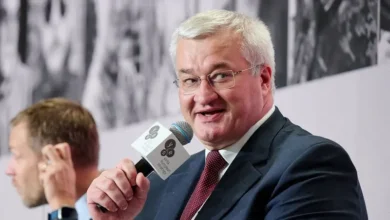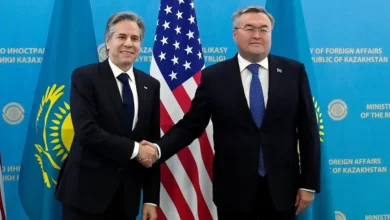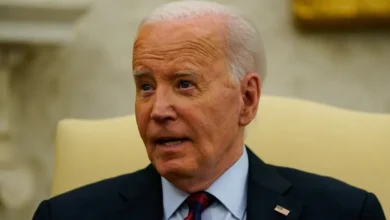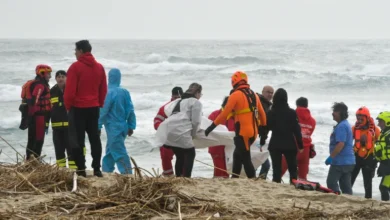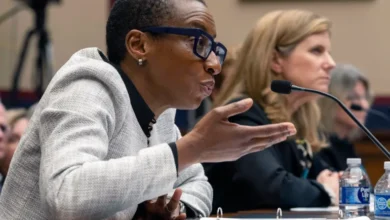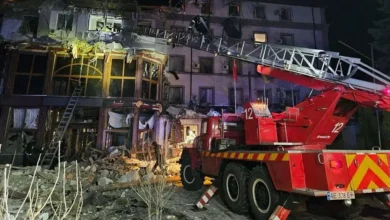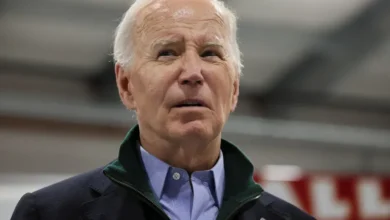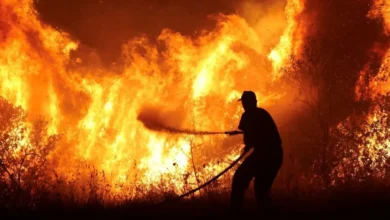A ‘coup’ in Gabon: Who, what and why?
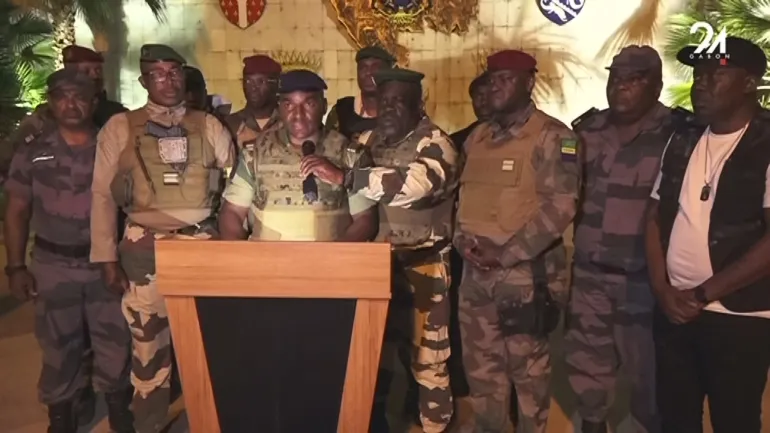
A group of senior military officers in Gabon on Wednesday said they have seized power in the capital in order to overturn the results of the recent election and remove a leader whose family has held power for almost 56 years.
This came within an hour after President Ali Bongo Ondimba was announced as the winner of the presidential polls, which took place over the weekend.What happened and when?
On Saturday, August 26, Gabon went to the polls for the country’s presidential election.
Early on Wednesday, August 30, the country’s national electoral authority announced that Bongo, who had been in power for 14 years, was re-elected for a third term with 64.27 percent of votes cast.
Soon after, a group of mutinous soldiers appeared on state TV saying they were seizing power, cancelling the election results and “putting an end to the current regime”.
Bongo’s main challenger, Albert Ondo Ossa, got 30.77 percent of the vote, the electoral authority said.
Ondo Ossa had denounced “fraud orchestrated by the Bongo camp”, claiming victory ahead of the closure of polls.Who is behind the ongoing coup attempt?
The soldiers who seized power said they were speaking on behalf of the “Committee for the Transition and Restoration of Institutions”, and announced the annulment of the election and closure of all borders.
They also announced the dissolution of institutions of state including “the government, the Senate, the National Assembly, the Constitutional Court, the Economic, Social and Environmental Council and the Gabonese Elections Centre”.One officer read a joint statement on TV channel Gabon 24, while about a dozen others stood silently behind him in military fatigues and berets. They included army colonels, members of the elite Republican Guard, regular soldiers and others, the AFP news agency reported.
The soldier’s statement, which was read out in French, read in part:“Our beautiful country, Gabon, has always been a haven of peace. Today, the country is going through a serious institutional, political, economic and social crisis.”
“We are therefore forced to admit that the organisation of the general elections of 26 August 2023 did not meet the conditions for a transparent, credible and inclusive ballot so much hoped for by the people of Gabon.
“Added to this is irresponsible and unpredictable governance, resulting in a continuing deterioration in social cohesion, with the risk of leading the country into chaos…People of Gabon, we are finally on the road to happiness. May God and the spirits of our ancestors bless Gabon. Honour and loyalty to our homeland.”Where did it happen?
The suspected coup took place in Libreville, the capital of Gabon. Loud sounds of gunfire could be heard in the city after the soldiers took charge, the Reuters and AFP news agencies reported.
Al Jazeera correspondents in Dakar and Niamey, both in neighbouring West Africa, said there were reports of people coming out to celebrate in the streets of the capital.
Gabon is a small state in Central Africa that has been ruled by the same family for more than 55 years since its independence from France in 1960.
It is one of the richest countries in Africa in terms of GDP per capita, thanks largely to oil revenues and the small population of 2.3 million.
In the 1970s, the country discovered abundant oil reserves offshore, allowing it to build a strong middle class. Oil accounts for 60 percent of the country’s revenues.
But a third of the population still lives below the poverty line of $5.50 per day, according to the World Bank.Where is the President Ali Bongo Ondimba?
Gabon’s coup leaders have said Bongo is under house arrest and one of his sons has been arrested for “treason”.
“President Ali Bongo is under house arrest, surrounded by his family and doctors,” they said in a statement read out on state TV.
Al Jazeera’s Nicolas Haque reporting from Dakar, Senegal said there is heavy presence of security forces on the streets of Libreville.
